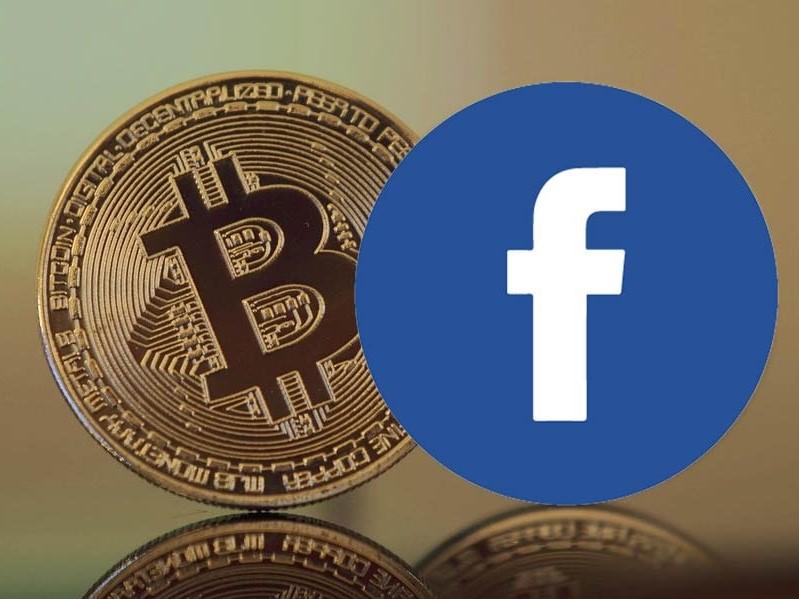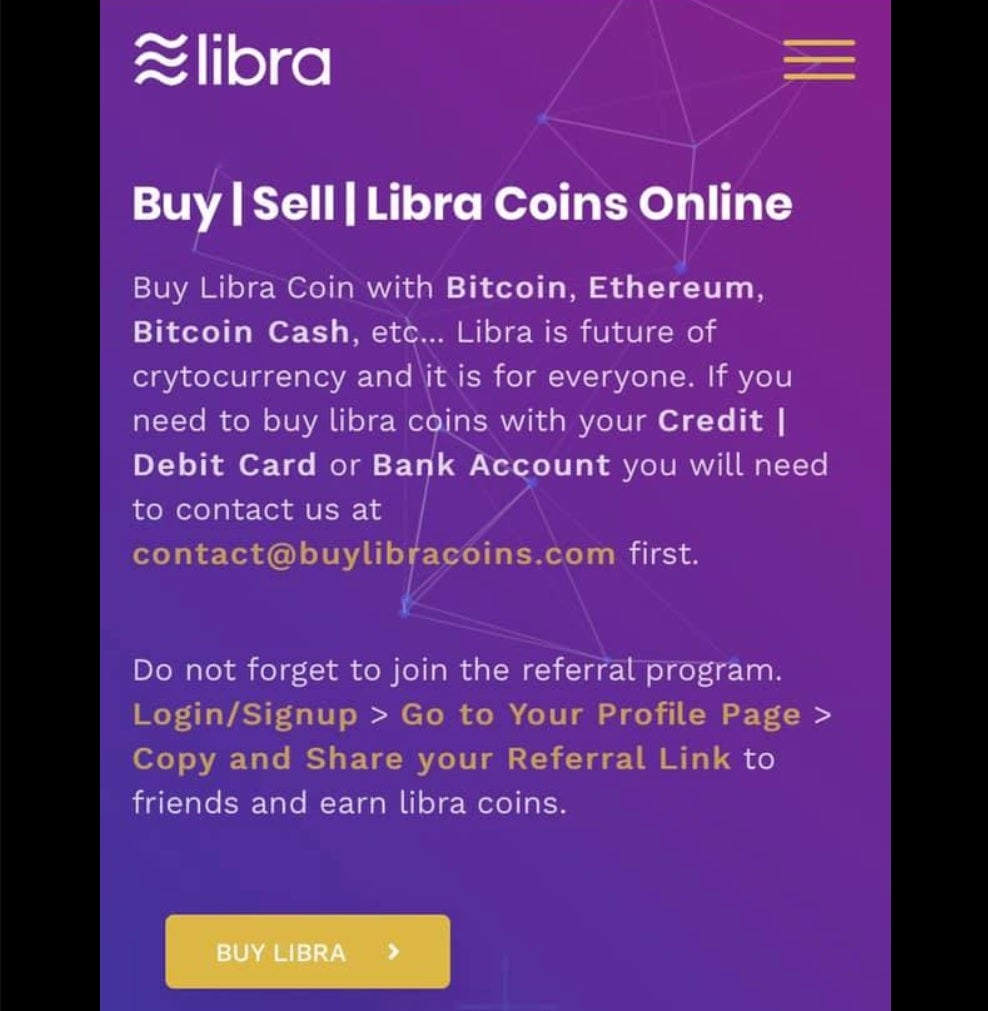Facebook cryptocurrency scams offering to sell Libra for bitcoin plague social network
Cyber criminals are using Facebook's own platform to run scams about the tech giant's new cryptocurrency

Your support helps us to tell the story
From reproductive rights to climate change to Big Tech, The Independent is on the ground when the story is developing. Whether it's investigating the financials of Elon Musk's pro-Trump PAC or producing our latest documentary, 'The A Word', which shines a light on the American women fighting for reproductive rights, we know how important it is to parse out the facts from the messaging.
At such a critical moment in US history, we need reporters on the ground. Your donation allows us to keep sending journalists to speak to both sides of the story.
The Independent is trusted by Americans across the entire political spectrum. And unlike many other quality news outlets, we choose not to lock Americans out of our reporting and analysis with paywalls. We believe quality journalism should be available to everyone, paid for by those who can afford it.
Your support makes all the difference.Facebook pages claiming to sell the Libra cryptocurrency are proliferating across the social network, despite the firm's digital currency still being months away from launch.
Several groups and pages seen by The Independent offer visitors the opportunity to buy, sell and trade Libra, usually in exchange for other cryptocurrencies like bitcoin. Some of the groups have several hundred members and have been active since before Facebook officially announced Libra on 17 June.
The pages provide links to official-looking websites, as well as email addresses through which to enquire about purchasing Libra using a credit or debit card. Facebook warned that the cryptocurrency is not yet available to buy and that any site or page offering to sell it is a hoax.
A spokesperson for Libra said they were aware of the scam pages and were working with Facebook to take them down. Facebook told The Independent: “Facebook removes ads and pages that violate our policies when we become aware of them, and we are constantly working to improve detection of scams on our platforms.”
Despite their detection systems, some of the pages were being advertised across Facebook, meaning the social network was receiving money from the scammers.
It is not the first instance that cyber criminals have sought to profit from the newly-announced cryptocurrency, with security researchers from Digital Shadows uncovering more than 100 web domains relating to Libra and its associated digital wallet Calibra in June.
Similar to the Facebook scam pages, the websites use the logos and fonts associated with the Libra cryptocurrency in order to convince visitors that they are legitimate.

Scams have plagued the nascent cryptocurrency industry in recent years, with cyber criminals seeking to exploit victims hoping to make a quick profit despite having little understanding of how digital tokens work.
Libra scams were one of the main concerns raised by US lawmakers when Libra boss David Marcus appeared before Congress in July.
In response to the Libra scam pages proliferating across Facebook, security experts have issued advice on how to avoid being duped by cyber criminals.
“As with any online transaction, particularly those involving large amounts of cash or cryptocurrency, individuals should be aware of the Financial Conduct Authority (FCA) guidelines on financial advice,” Carl Wearn, head of e-crime for cloud computing firm Mimecast, told The Independent.
“That can be done by looking at the Financial Services Register on the FCA website. In this instance, would-be investors should ask themselves: Are you sufficiently satisfied that if there are issues with your investment there is recourse to a regulatory system and a return of at least some of your money?”
He added: “Always consider opportunities that promise an investment return with the following in mind – if it sounds too good to be true, it is too good to be true.”
We’ve teamed up with cryptocurrency trading platform eToro. Click here to get the latest Bitcoin rates and start trading. Cryptocurrencies are a highly volatile unregulated investment product. No EU investor protection. 75% of retail investor accounts lose money when trading CFDs.
Join our commenting forum
Join thought-provoking conversations, follow other Independent readers and see their replies
Comments